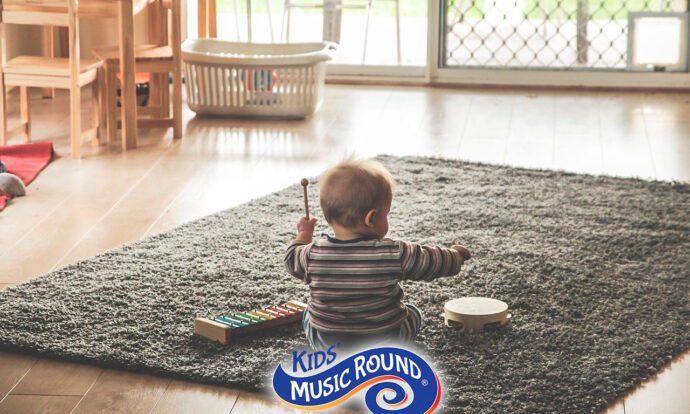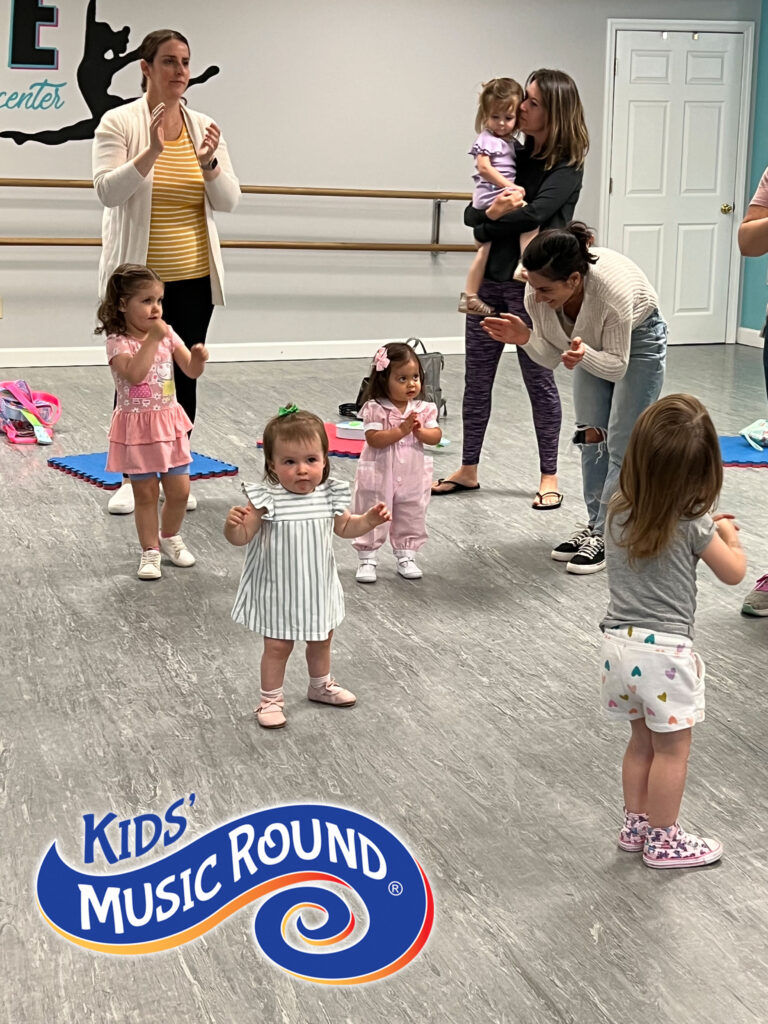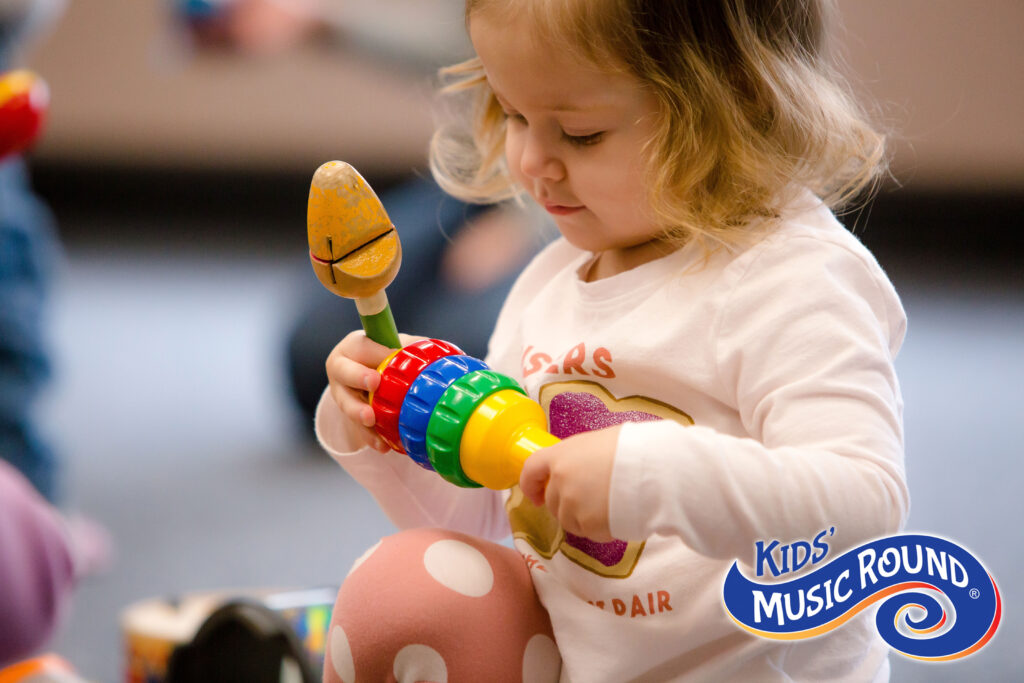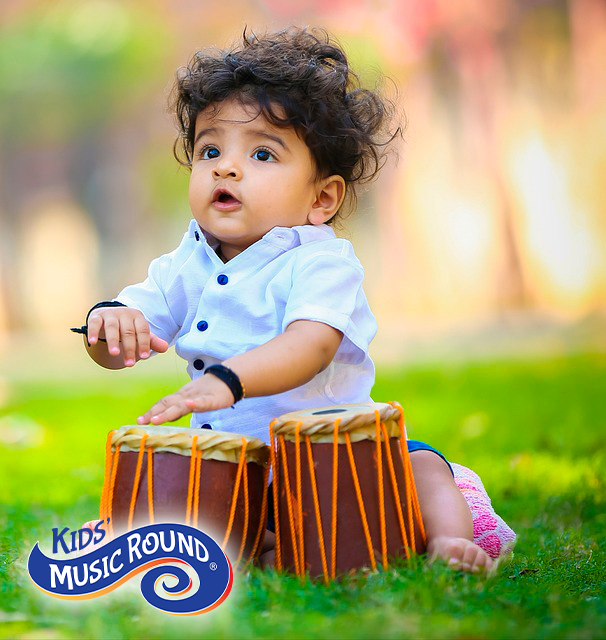Kids and the Beat: The Benefits of Music Education in Early Childhood
Music is everywhere! It’s a universal language that unites us, lifting our spirits with its irresistible rhythm. From chuckling at a toddler’s endearing dance moves to the joy of children belting out their favorite tunes, music becomes a vibrant part of their growth. There are numerous benefits of music education in early childhood. It’s not just about melodies and harmonies; music in the classroom sparks inspiration and cultivates connection, fostering a love for learning that lasts a lifetime.
Explore the World of Music With Early Childhood Music Education
Early childhood music education is a fun and interactive way for young children, typically from birth to five years old, to explore the world of music. Through playful activities like singing, clapping, dancing, and experimenting with simple instruments, kids discover the joy of sound. It’s not just about creating mini-musicians; it’s about igniting their creativity, boosting communication skills, and nurturing their natural rhythm.
This musical journey goes way beyond the classroom—it’s part of their everyday routine, enhancing their senses, motor skills, memory, and emotional expression. So, whether tapping a tambourine or giggling through a melody, it’s all about setting the stage for their holistic development!
The Benefits of Music in Early Childhood Education
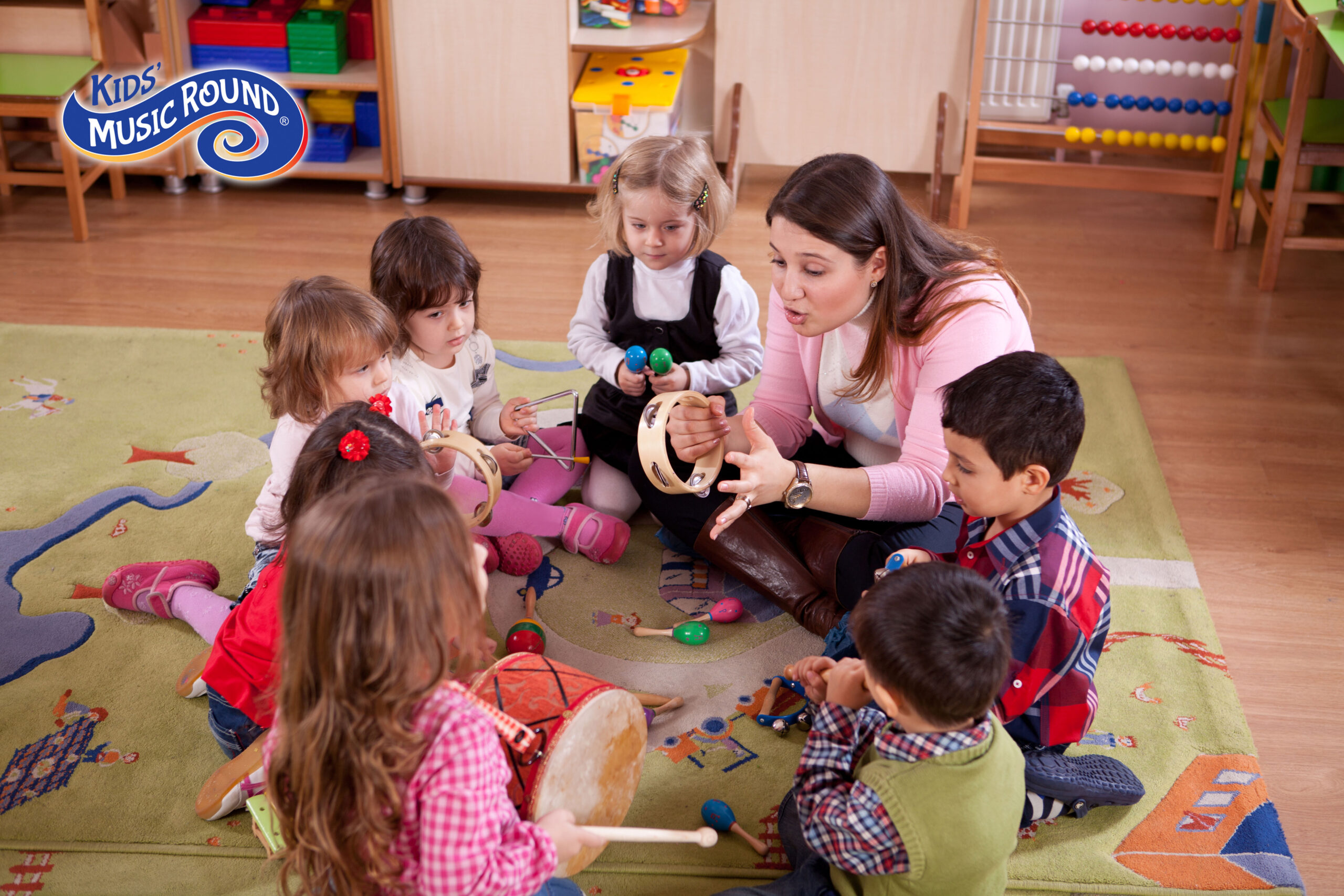
Cognitive Development
Early exposure to music education fuels a child’s holistic growth. Through engaging in musical activities, children experience a boost in their cognitive abilities, fostering brain development, including sharper memory, language proficiency, and enhanced mathematical comprehension.
Singing along to melodies and nursery rhymes becomes a gateway to expanding vocabulary and refining language skills. Music isn’t just a tune—it’s a melody of cognitive development!
Here are more cognitive benefits:
- Memory Enhancement: Learning songs, melodies, and rhythms reinforces memory as children remember lyrics, tunes, and finger placements when playing instruments.
- Language Skills: Singing along to songs and nursery rhymes aids vocabulary expansion and language development. It helps children learn new words and sentence structures.
- Mathematical Foundation: Understanding basic musical concepts like rhythm and beat supports the comprehension of mathematical concepts such as patterns, fractions, and counting.
- Coordination and Motor Skills: Playing musical instruments or clapping along to music helps improve hand-eye coordination and motor skills.
- Emotional Expression: Music allows children to express emotions, fostering social and emotional development.
Build Social Skills
Exploring music in a group setting during early childhood isn’t just about playing instruments or singing together. It’s a fantastic way for kids to nurture essential social skills. Here’s how it works:
Teamwork & Cooperation: Playing in a band or ensemble demands teamwork—kids learn to collaborate, listen to each other, and contribute to a collective sound.
Confidence Boost: Singing in a choir or performing in front of peers can significantly bolster a child’s confidence and self-esteem.
Friendship and Connection: Engaging in music education activities introduces children to others who share similar passions, fostering bonds that can lead to lifelong friendships.
Communication Skills: Whether through musical conversations or understanding rhythm together, children develop communication skills that go beyond verbal expression.
Leadership Qualities: Some children might naturally take the lead in musical groups, helping others or guiding rehearsals, honing their leadership abilities.
Emotional Development
Music plays a profound role in emotional growth, especially for children. Learning to express emotions through music can positively impact their development. Playing instruments or singing becomes an outlet, easing stress and anxiety. Additionally, simply listening to music enhances mood and diminishes feelings of depression.
Improve Motor Skills
Enhancing motor skills through music in early childhood is a symphony of growth. Learning to play instruments refines finger dexterity and hand-eye coordination, laying a solid foundation for precise movements. These skills don’t just harmonize with music; they extend to other activities like sports and writing, promoting overall physical development.
Enhance Creativity
Early music education becomes a vibrant canvas for nurturing creativity in young minds. Through music, children embark on a journey of self-expression, exploring unique rhythms and melodies. This imaginative endeavor encourages them to create their tunes, fostering a realm of boundless creativity. By experimenting with sounds and beats, they not only express themselves but also learn the art of thinking outside the box, igniting a lifelong passion for innovative thinking and self-discovery.
Incorporating Music Education in the Classroom
In childhood, music becomes the canvas for budding creativity, confidence, and rhythmic prowess to thrive. Early music education crafts a dynamic world where self-expression blossoms limitlessly. It’s an adventurous journey cultivating confidence, fine-tuning auditory senses, and honing rhythmic skills, creating a vivid tapestry of learning.
Here are some tips on how to incorporate music education in early childhood:
Expose Children to Various Forms of Music
The first step in incorporating music education in early childhood is exposing children to different genres and styles of music. Start by inviting them on a diverse musical journey, letting them explore various genres like classical, jazz, blues, rock, and popular tunes. Whether it’s background tunes during playtime or playful instruments like drums and xylophones, this musical adventure nurtures their love for music and lays the groundwork for lifelong musical exploration.
Incorporate Music into Daily Activities
One fantastic way to weave music into every day routines is by making it part of daily activities. Imagine bath times filled with joyful tunes, meal times with catchy melodies, or bedtime songs, creating a magical end to the day. Encourage little ones to dance and groove to the music, turning simple games like musical chairs or freeze dance into delightful learning experiences that boost their rhythm and coordination skills.
Provide Opportunities for Hands-On Learning
Engaging kids in hands-on learning brings music education to life! Get creative by crafting instruments from everyday items like empty bottles, rice, or rubber bands. These homemade marvels not only teach kids about sound and rhythm but also encourage their imaginations to soar as they explore melodies and beats. It’s a fun way to make music come alive while nurturing their creativity!
Music Classes and Events
Engaging in music classes and events is an incredible way to introduce early childhood education in music. From delightful toddler music sessions to lively sing-alongs and vibrant music festivals, these activities offer more than just fun. They encourage social interaction, foster essential skills, and expose little ones to diverse instruments and music genres. It’s an inspiring journey that might spark a lifelong passion for music exploration!
Kids’ MusicRound: Explore the Benefits of Music for Children
Music education in early childhood is a valuable investment in a child’s cognitive, social, emotional, and creative development. Parents, caregivers, and teachers can incorporate music into children’s daily routines through singing, playing instruments, or simply listening to music together. The benefits of music education in early childhood are vast and varied and can make a lasting impact on a child’s life. So, next time you’re humming a tune, take a moment to appreciate music’s power and its positive impact on our lives.
Discover which of our programs at Kids’ MusicRound is best for you:
Sign Up Your Child for Music Classes
Create an Early Childhood Music Center
Learn How to Teach Music in the Classroom

